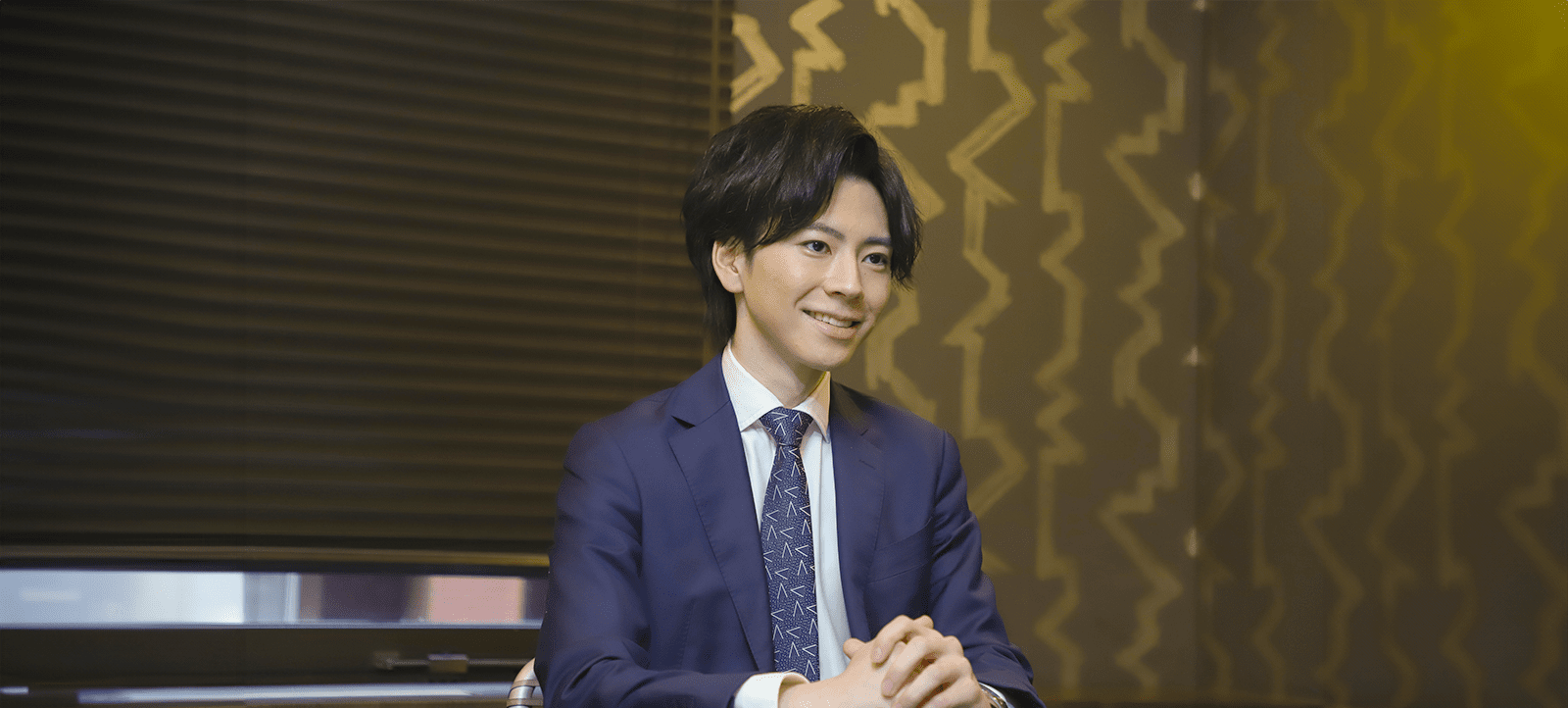My History
Having grown up with a father who was a system engineer, computers were always a part of my life. By the time I was a student, I was using AI text-to-speech functions and Excel to help me study for exams. Even from a young age, I remember wanting to use IT to make life easier by solving inefficiencies and simplifying complex processes.
After graduating from university, I worked as both an engineer and a management consultant before starting my own business at 27. I reached out to three colleagues I had met during a university internship and teamed up with for a business competition, where we took first place.
Our focus in business was on optimizing sales processes. In my previous role consulting on sales strategies, I remembered how time-consuming it was to gather information on target clients, often relying on painstaking interviews. While data-driven sales technology is booming abroad, Japan still relies heavily on traditional, labor-intensive sales methods, where it’s common to make 100 approaches to land a single deal. I’ve seen firsthand how frustrating this can be for salespeople, and I’ve witnessed companies with great products struggle, even go out of business, simply because of poor sales execution. This motivated us to develop "Sales Marker." By combining a database of 5.1 million Japanese companies with intent data from their web behavior, our platform helps businesses understand real-time challenges, needs, and decision stages, enabling more efficient and targeted sales efforts.
The Present
We’ve received a lot of feedback about how Sales Marker has helped streamline negotiations and boost sales. But what really touched me was when a client said, "We’re now able to approach customer needs more accurately, and as a result, we’ve received more appreciation, making sales much more enjoyable." We’ve expanded its capabilities even further, now automating everything from generating personalized messaging about products to using AI for pre- and post-meeting strategy and follow-ups. More than just a tool for winning meetings, we’re now being seen as a true business partner.
The belief that "sales is all about people" is something I was able to challenge, maybe because I didn’t come from a traditional sales background. This allowed me to approach problems without the preconceived notions of how sales "should" be done. We also have a team of innovators who are eager to push beyond existing frameworks, so we've all been able to tackle these challenges together with a sense of excitement.
People often ask if AI will take over sales jobs, but the answer is no. Traditional CRM systems require salespeople to manually input dozens of fields just to make data usable. However, if AI could analyze and assess sales emails and meeting details, salespeople would be freed from tedious data entry tasks. Far from replacing sales jobs, AI will allow salespeople to focus on what only they can do—building meaningful relationships with customers. By fully leveraging AI, sales will become more efficient, but also more human-centered.
For the Future
At present, Sales Marker is focused on sales, but in the future, we plan to utilize the wealth of accumulated intent data across all business areas—marketing, talent acquisition, M&A, product development, and more—creating a system that can actively lead in solving challenges. We aim to complete this platform by 2028, with the ultimate goal of automating business model creation. By having AI handle roles traditionally filled by consultants, we’re getting closer to our vision of "a society where everyone can contribute to solving social issues."
We are also applying intent-driven sales principles to our organizational development. Each employee’s goals and aspirations represent their intent within the company. By simultaneously achieving business growth based on customer intent and organizational growth driven by employee intent, we can build a more solid management foundation. Our objective is to spread this "intent-driven management model" globally, making it the standard in business.
Innovation requires us to stay vigilant to changes in the world and be ready to adapt to new situations. What was true yesterday may no longer hold today. We will continue evolving to meet these changes head-on.
